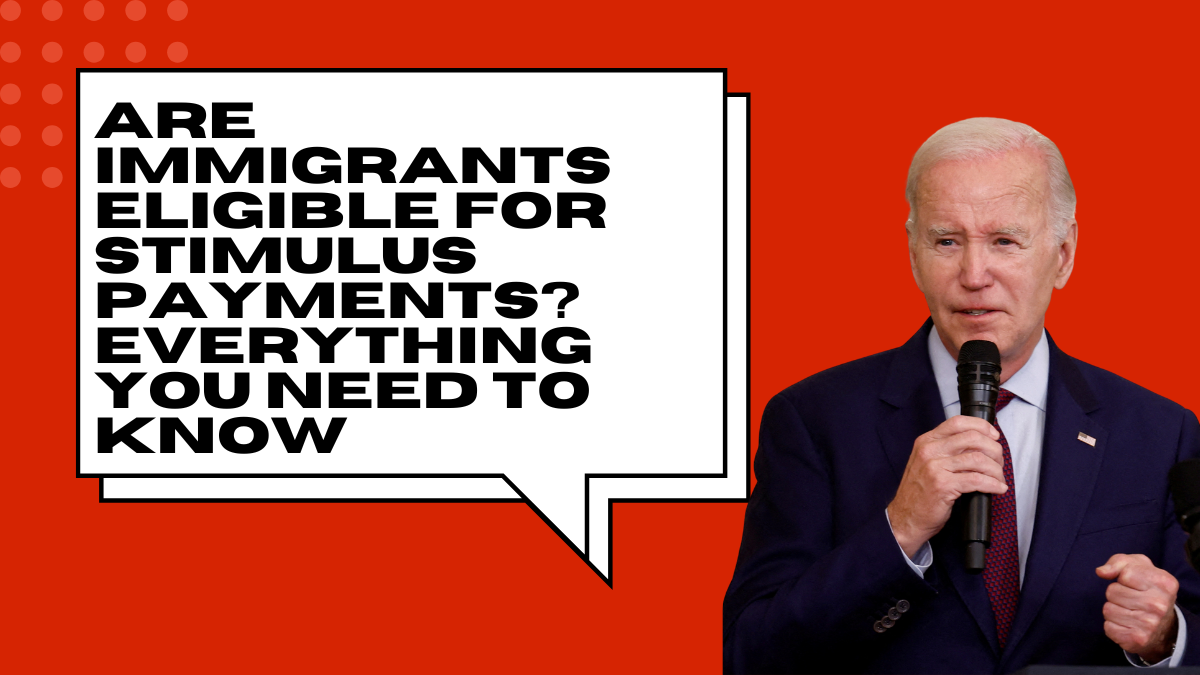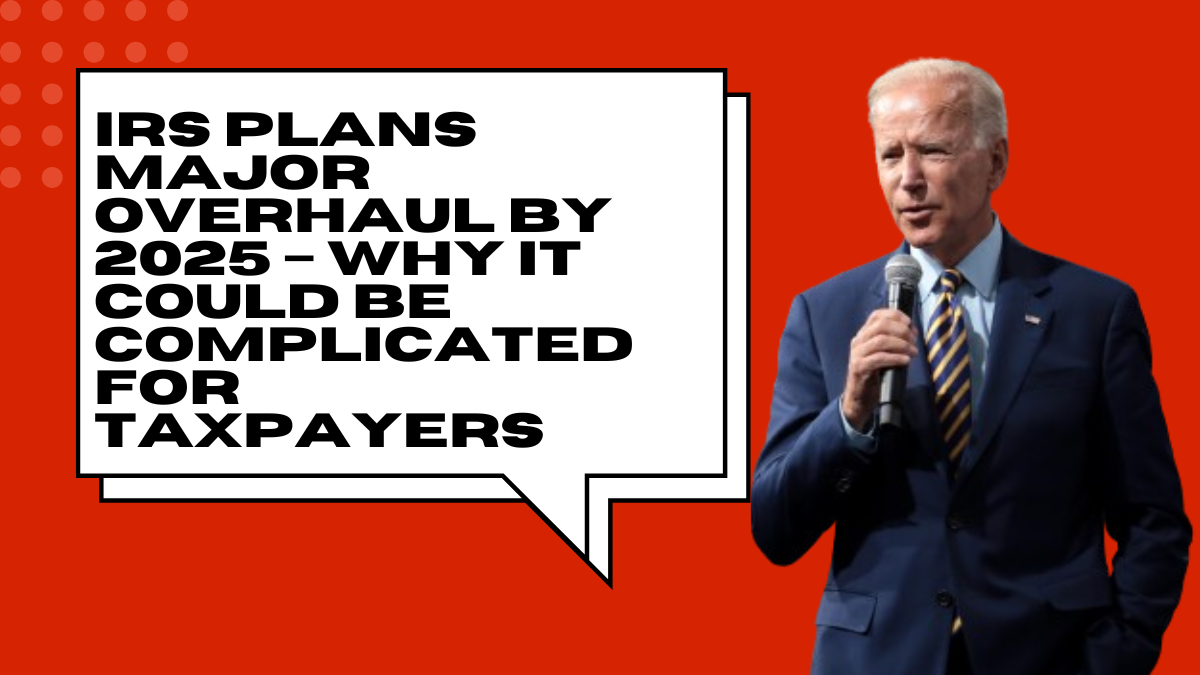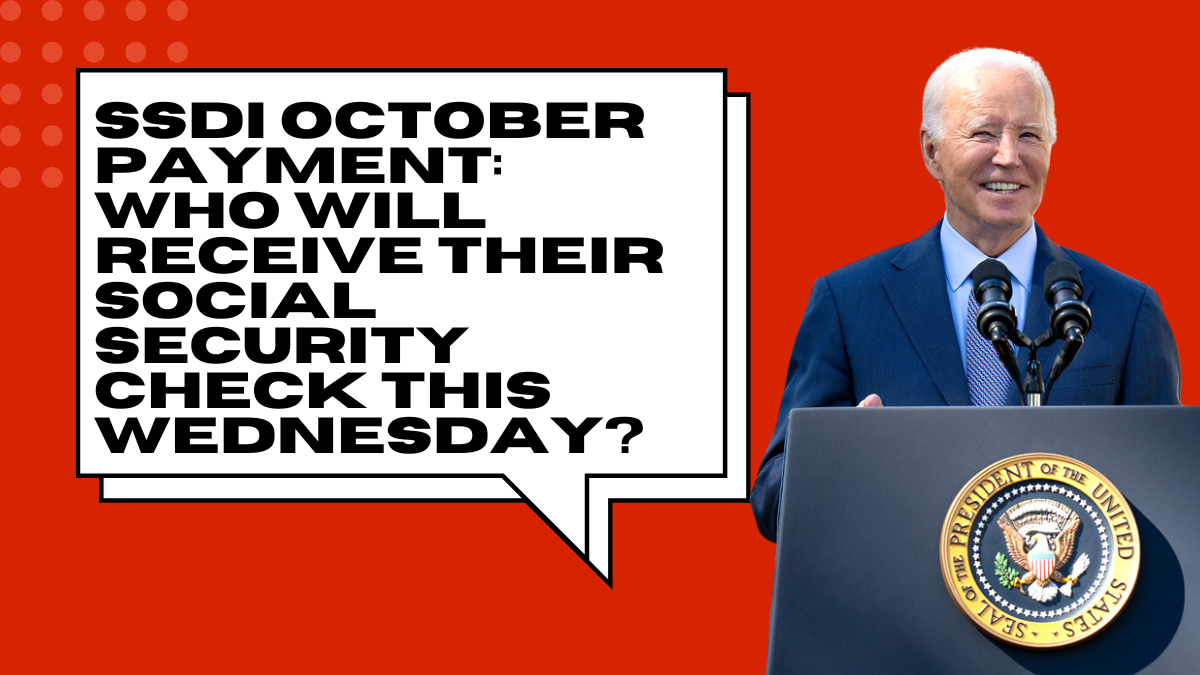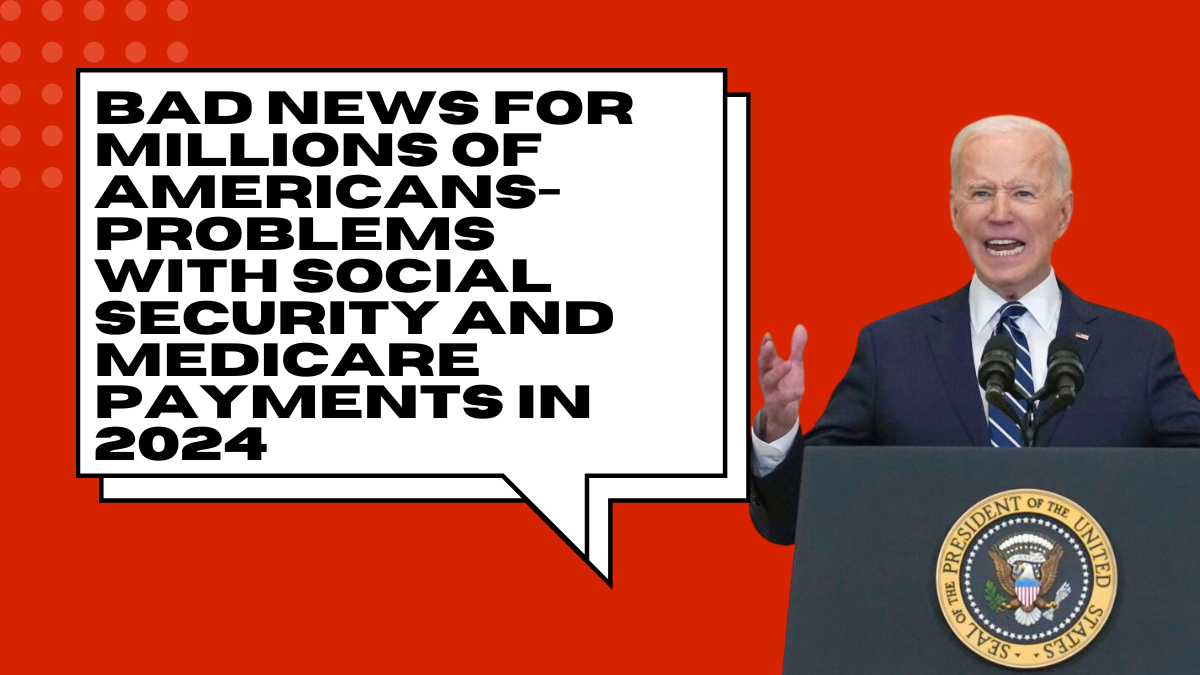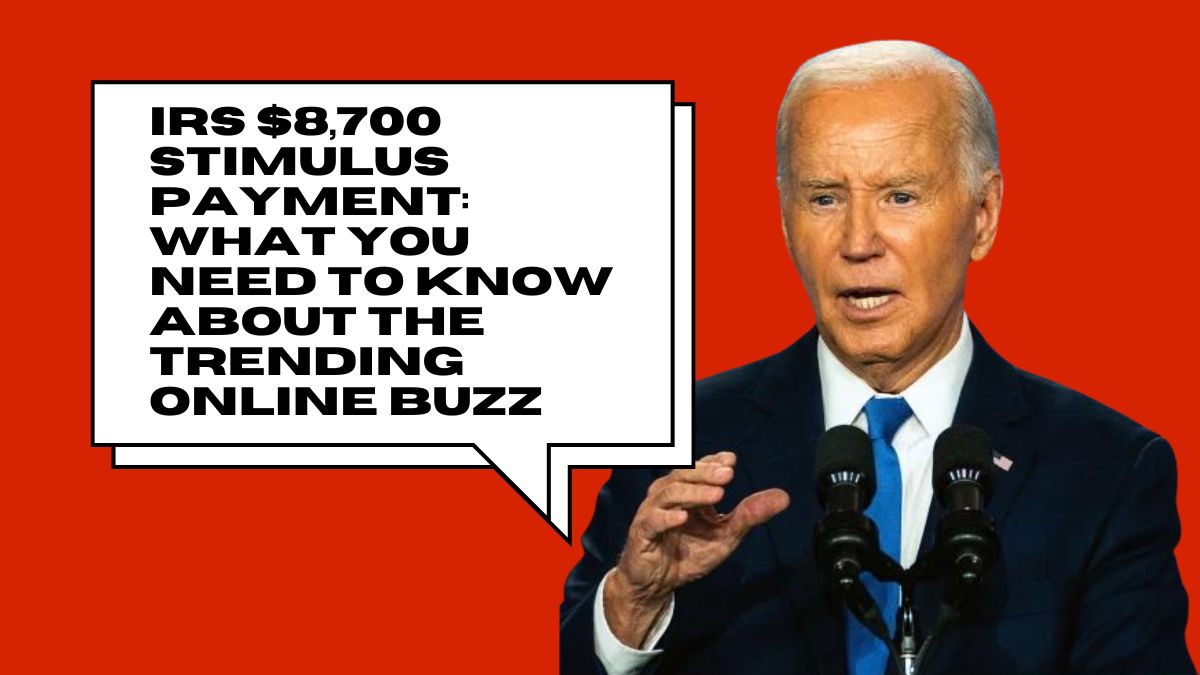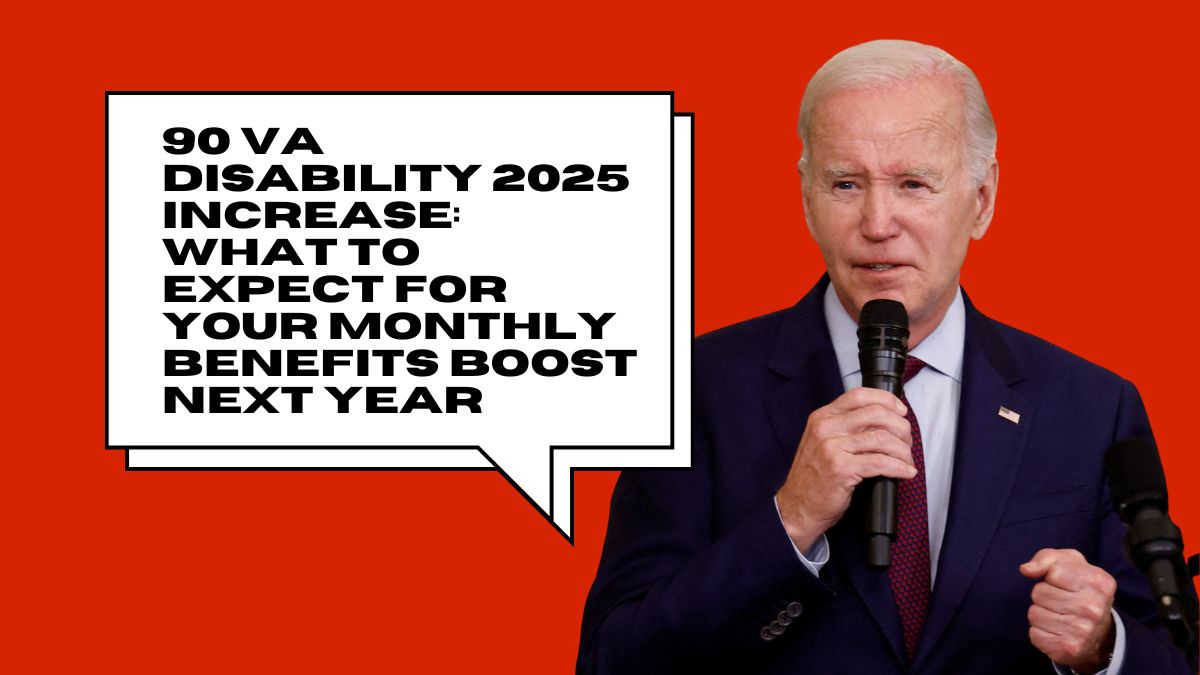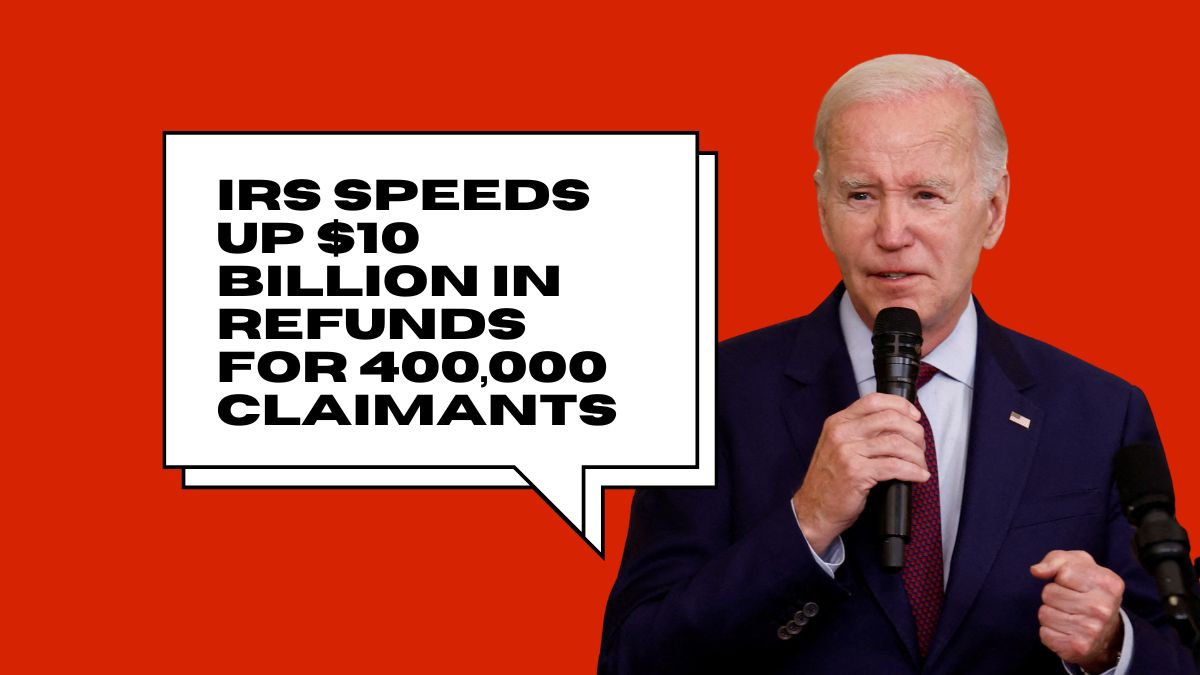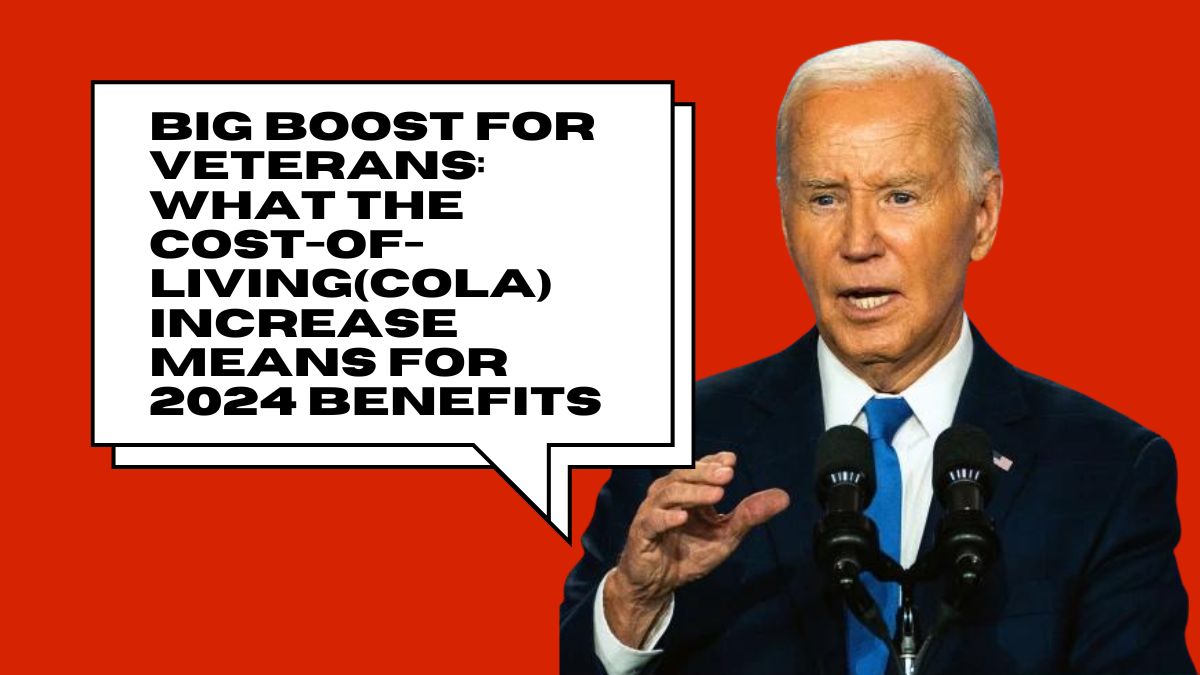With ongoing economic challenges, many are curious whether immigrants can benefit from stimulus payments in the U.S.
While U.S. citizens and lawful permanent residents are typically eligible for these payments, the situation for immigrants can be more complex. Let’s break down the eligibility rules for stimulus checks and how different immigrant statuses play a role.
Eligibility Criteria for Stimulus Payments
Immigrants can be eligible for stimulus payments, but certain conditions must be met. To receive these payments, the most critical requirement is having a valid Social Security Number (SSN). This includes:
- U.S. citizens and lawful permanent residents (green card holders).
- Individuals with valid work visas like H-1B, H-2A, and H-2B.
- DACA recipients (Deferred Action for Childhood Arrivals).
- Temporary Protected Status (TPS) holders.
However, immigrants without a valid SSN, such as those using an Individual Taxpayer Identification Number (ITIN), are generally not eligible for stimulus payments. This restriction also applies to undocumented immigrants.
Married Immigrants
Immigrants married to U.S. citizens can still qualify for stimulus checks, but specific criteria apply. If the couple files a joint tax return and both have valid SSNs, they will be eligible for the stimulus payment. However, eligibility becomes more complicated if one spouse has an SSN and the other does not.
In most cases, the couple will not qualify for the payment unless one spouse is a member of the U.S. armed forces, in which case, at least one spouse having a valid SSN allows for eligibility.
Children and Dependents
When it comes to dependents, children claimed for stimulus purposes must have valid SSNs to qualify for the additional payments. This applies regardless of the parent’s immigration status.
In previous rounds of stimulus checks, families received $500 or more per qualifying child, provided they met this requirement.
Public Charge Rule Implications
One common concern among immigrants is whether receiving stimulus payments would negatively impact their immigration status under the public charge rule.
The good news is that stimulus payments are considered tax credits and are not counted against immigrants when determining whether they are likely to become a public charge.
This means receiving these payments will not affect an individual’s application for residency or other immigration benefits.
Latest Round of Payments
As of 2024, stimulus payments are still being given out. Depending on wealth, each person gets between $600 and $1,400. Families with children or other relatives may get extra money.
Immigrants with proper SSNs and enough income can use the IRS’s online tools to see if they are eligible, or they can get help from a tax professional.
Eligibility Overview for Immigrants
| Status | Eligible for Stimulus Payments? | Key Requirement |
|---|---|---|
| U.S. Citizens | Yes | Must meet income limits |
| Lawful Permanent Residents | Yes | Must have a valid SSN |
| H-1B, H-2A Visa Holders | Yes | Must have a valid SSN |
| DACA/TPS Holders | Yes | Must have a valid SSN |
| Immigrants with ITINs | No | SSN required |
| Married to U.S. Citizen (with SSN) | Yes (in most cases) | Both must have valid SSNs |
| Undocumented Immigrants | No | SSN required |
Conclusion
While stimulus payments are designed to help Americans weather economic challenges, immigrant eligibility depends heavily on having a valid SSN and meeting other criteria.
Families with mixed immigration statuses, in particular, may face complications, but there are still avenues for some immigrants to receive financial aid. If you believe you are eligible, check the IRS portal to stay updated on your payment status.
